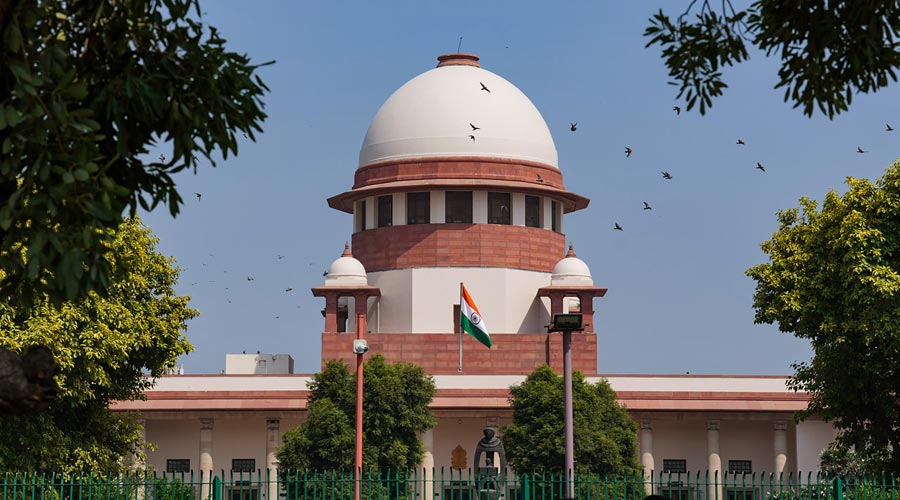


The Supreme Court in the case MC Mehta v. UoI And Ors observed and has accepted the statement of the Delhi Government that it would make budgetary provisions in order to make contributions towards the RRTS Project (Regional Rapid Transit System).
The bench comprising of Justice SK Kaul and Justice Sudhanshu Dhulia in the case observed and has stated in its order that this court constrained to pass the last order only on account of the fact that the Delhi Government had thrown its hand up for contributing the proportionate amounts of them.
The court observed that on the last occasion that the Delhi Government is being not making the contributions which being towards the RRTS Project (Regional Rapid Transit System) due to budgetary constraints.
The Apex Court in the case observed and has noted that if the court can spent INR 1100 crores for the advertisement in the last 3 financial years, certainly, contributions can be made to infrastructure projects.
The bench in the case observed and has informed about the budgetary allocation which are made towards advertisements.
The bench of Justice Kaul told the Senior Advocate, AM Sighvi appearing for the Delhi Government that either you need to pay or else we will attach your advertisement budget.
It has also been assured by the Senior Advocate, AM Sighvi that the payment needs to be made but beseeched the Bench that the same be allowed to be made in instalments which are spread over the reasonable period of time.
The bench of Justice Kaul in the case observed and has reckoned that the payment schedule itself is spread over a period of time.
Further, the court also informed the bench that the State would make budgetary provision for the projects concerned according to the schedule laid down.
Accordingly, the court accepted the statement given by the State Governments and has also passed the directions with regards to the payment of the amount overdue.